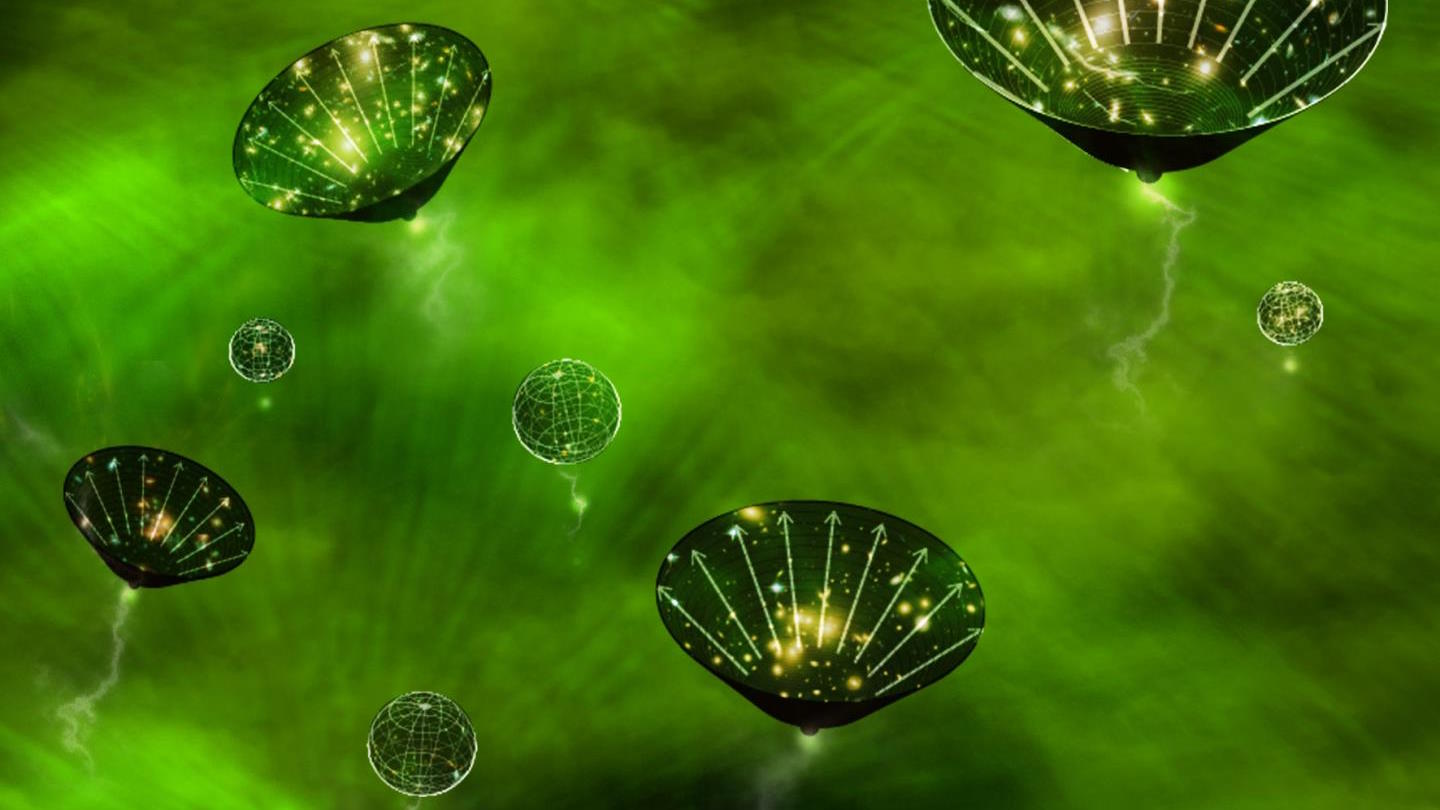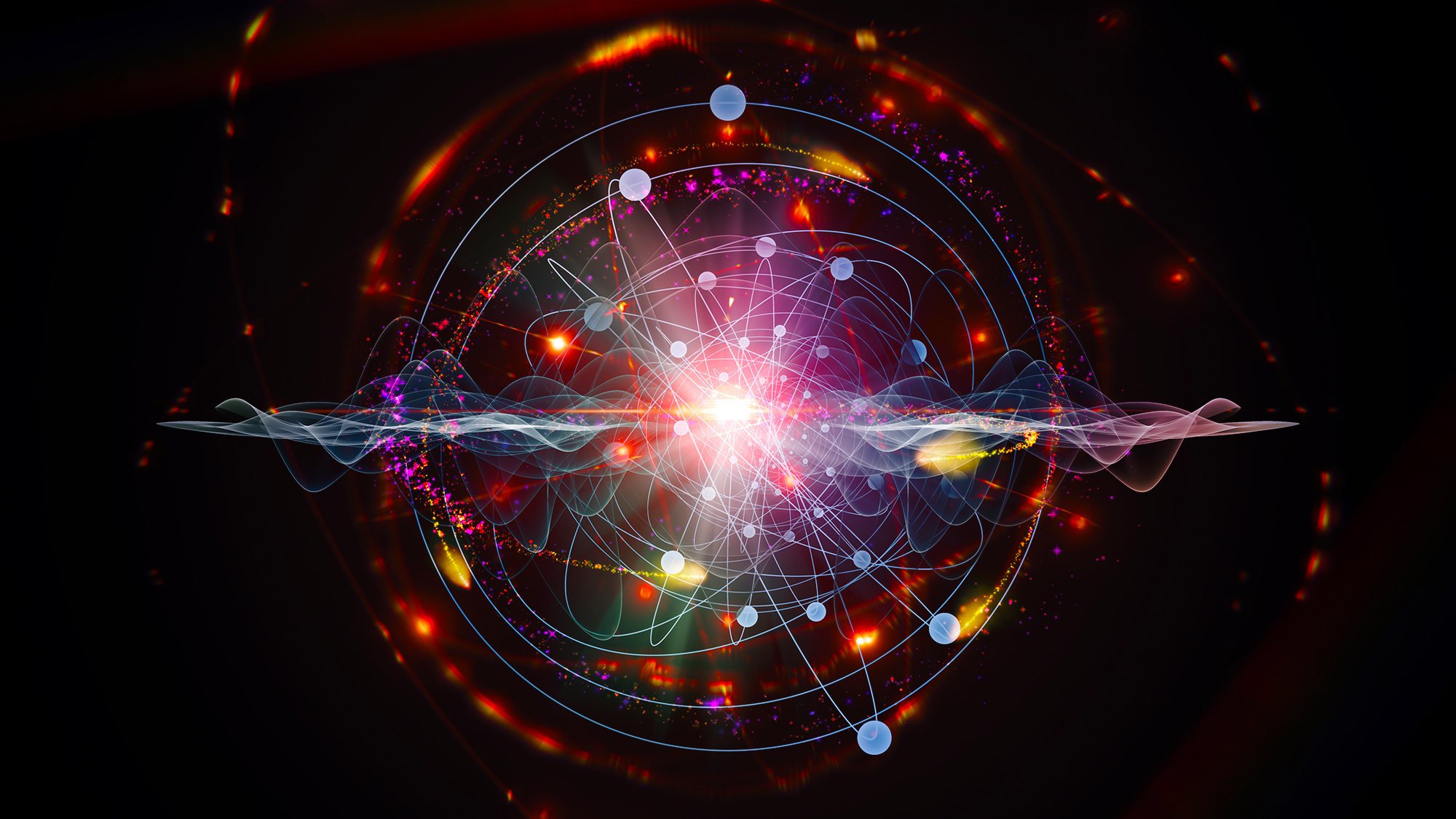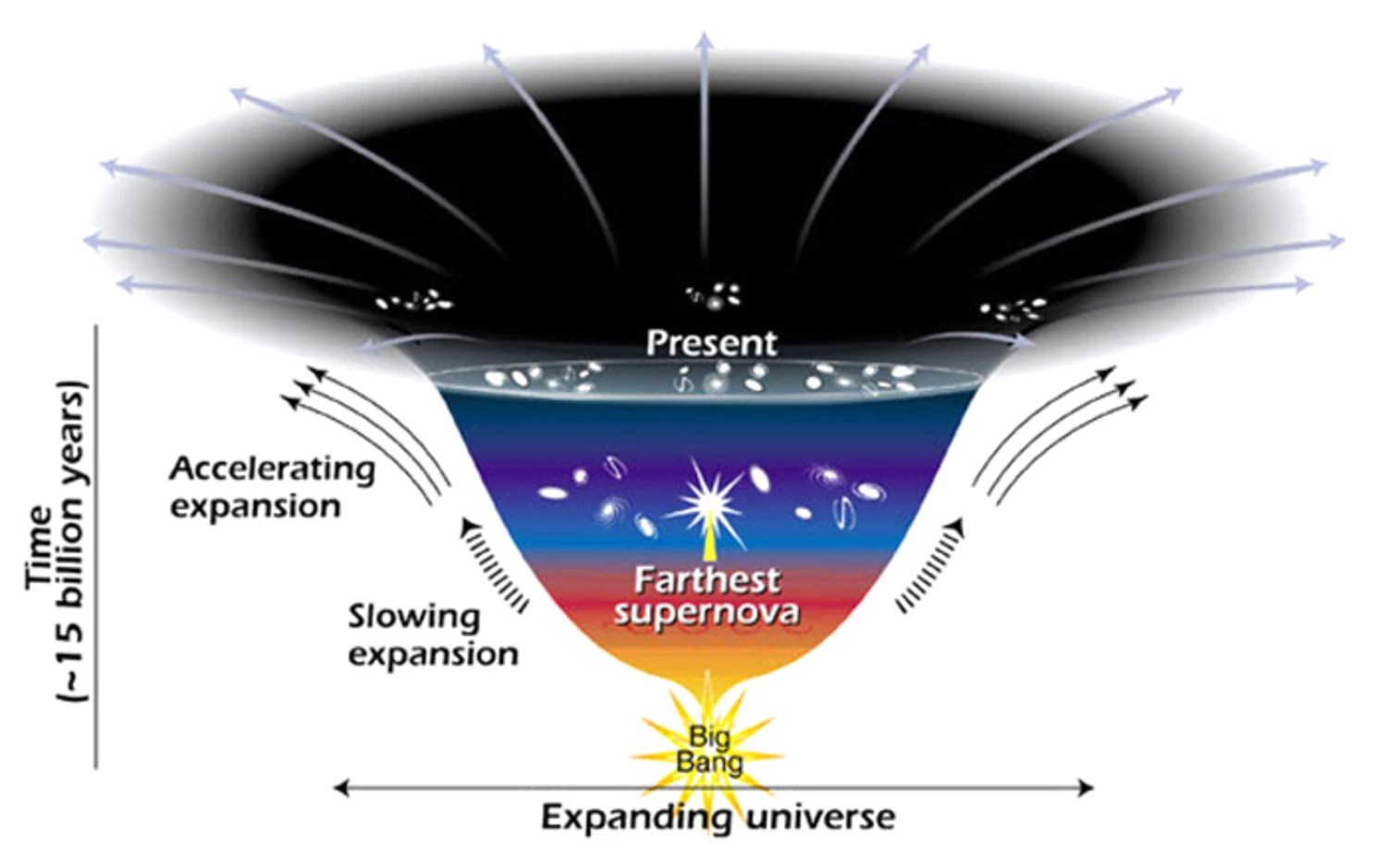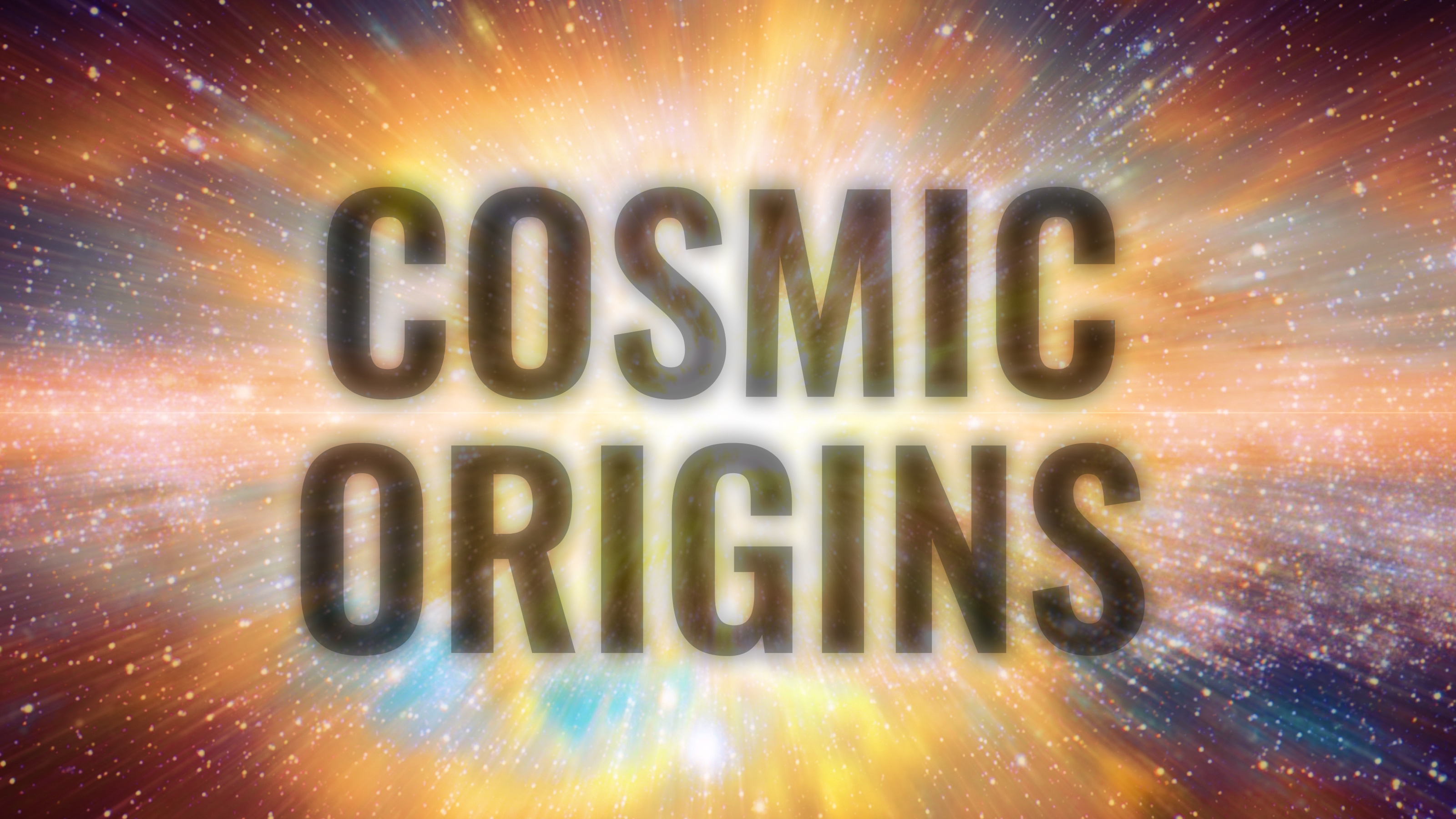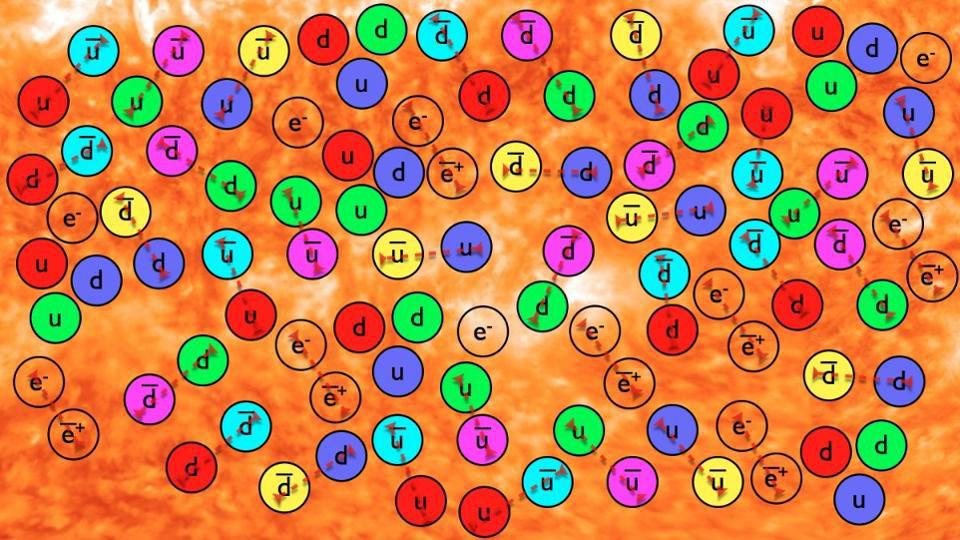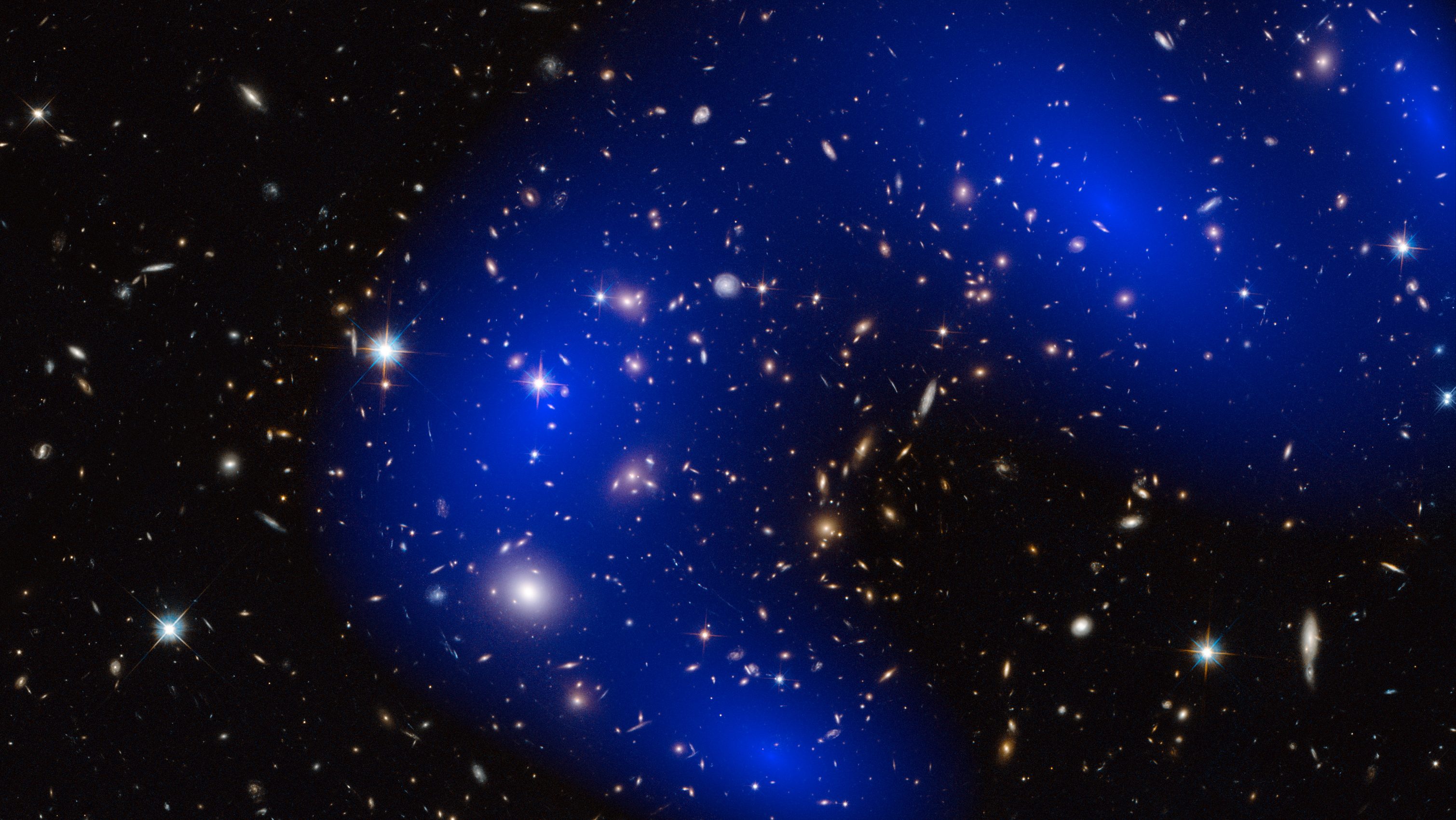particle physics
Launched in March, the PUNCH mission has viewed two incredible coronal mass ejections, tracking them farther from the Sun than ever before.
A few physical quantities, in all laboratory experiments, are always conserved: including energy. But for the entire Universe? Not so much.
On Earth, our particle accelerators can reach tera-electron-volt (TeV) energies. Particles from space are thousands of times as energetic.
When theory and experiment disagree, it could mean new physics. This time, they solved the muon g-2 puzzle, and saved the Standard Model.
In our Universe, dark matter outmasses normal matter by a 5-to-1 ratio, shaping the Universe as we know it. What if it simply weren’t there?
The long-elusive neutrino was shown to have a bizarre property no one expected: mass. New, tightest-ever limits have profound implications.
Here in our Universe, time passes at a fixed rate for all observers: one second-per-second. Before the Big Bang, things were very different.
If it weren’t for the intricate rules of quantum physics, we wouldn’t have formed neutral atoms “only” ~380,000 years after the Big Bang.
If all massive objects emit Hawking radiation, not just black holes alone, then everything is unstable, even the Universe. Can that be true?
Many, from neuroscientists to philosophers to anesthesiologists, have claimed to understand consciousness. Do physicists? Does anyone?
The fact that our Universe’s expansion is accelerating implies that dark energy exists. But could it be even weirder than we’ve imagined?
The laws of physics obey certain symmetries and defy others. It’s theoretically tempting to add new ones, but reality doesn’t agree.
The laws of nature are almost perfectly symmetric between matter and antimatter, and yet our Universe is made ~100% of matter only. But why?
There are limits to where physics makes meaningful predictions: beyond the Planck length, time, or energy. Here’s why we can’t go further.
All stars shine due to an internal source of energy. Usually, it’s nuclear fusion: converting mass into energy. What makes them most bright?
Empty space itself, the quantum vacuum, could be in either a true, stable state or a false, unstable state. Our fate depends on the answer.
Planets can create nuclear power on their own, naturally, without any intelligence or technology. Earth already did: 1.7 billion years ago.
25 years ago, our concordance picture of cosmology, also known as ΛCDM, came into focus. 25 years later, are we about to break that model?
The Multiverse isn’t just a staple of science fiction; there’s real-life science behind it, too. Here are 10 facts to expand your mind.
Over a century after we first unlocked the secrets of the quantum universe, people find it more puzzling than ever. Can we make sense of it?
Since the dawn of history, humans have pondered our ultimate cosmic origins. Now in the 21st century, science has gone beyond the Big Bang.
There are some 26 fundamental constants in nature, and their values enable our Universe to exist as it does. But where do they come from?
Under extreme conditions, matter takes on properties that lead to remarkable, novel possibilities. Topological superconductors included.
Perhaps the most well-known equation in all of physics is Einstein’s E = mc². Does mass or energy increase, then, near the speed of light?
We’ve wasted our time and resources ideologically policing and punishing each other for far too long. Here’s a better route to prosperity.
From the tiniest subatomic scales to the grandest cosmic structures of all, everything that exists depends on two things: charge and mass.
Dark matter doesn’t absorb or emit light, but it gravitates. Instead of something exotic and novel, could it just be dark, normal matter?
When we divide matter into its fundamental, indivisible components, are those particles truly point-like, or is there a finite minimum size?
The ultimate multi-messenger astronomy event would have gravitational waves, particles, and light arriving all at once. Did that just occur?
Matter is made up largely of atoms, where atomic nuclei can contain up to 100 protons or more. But how were the heaviest elements made?






